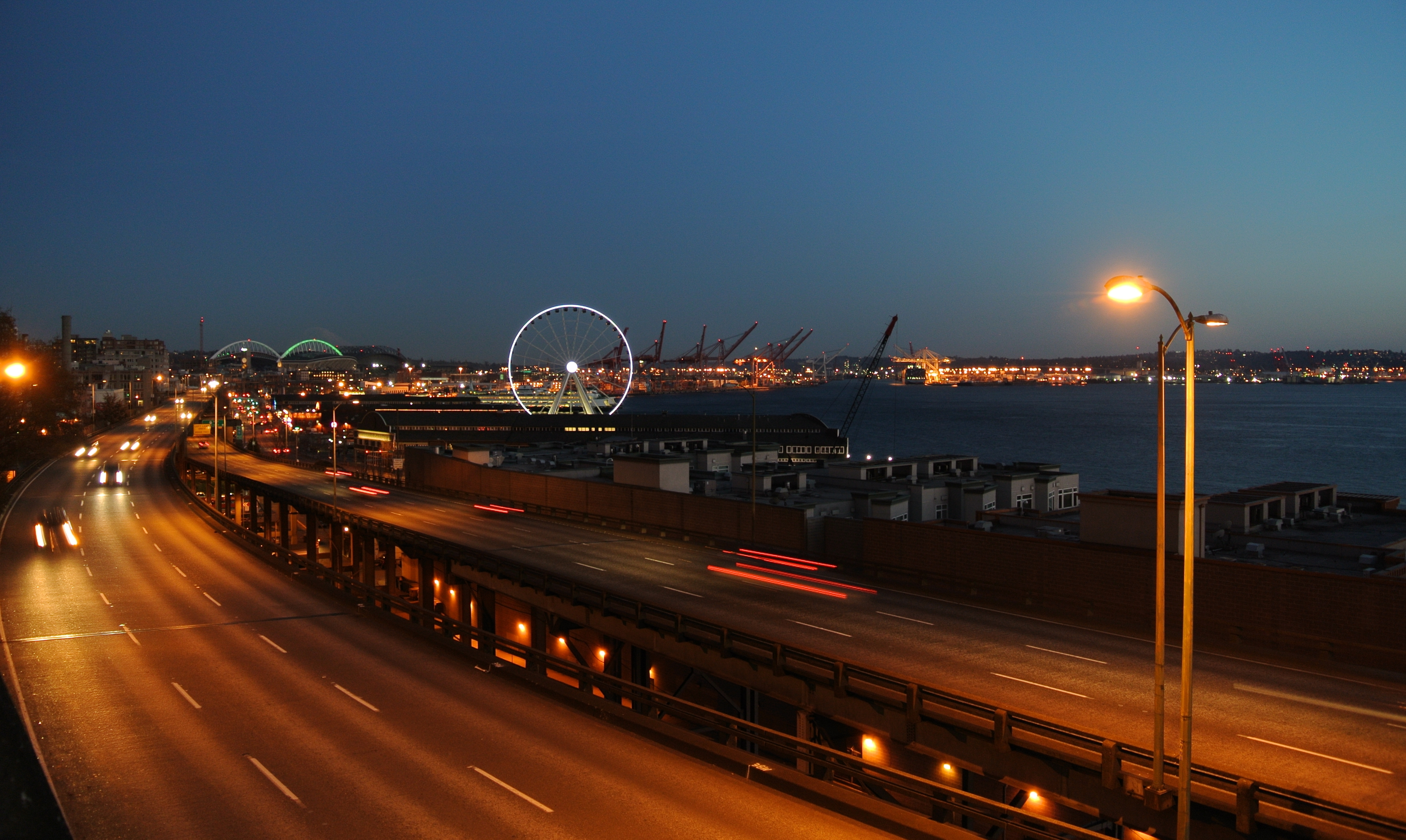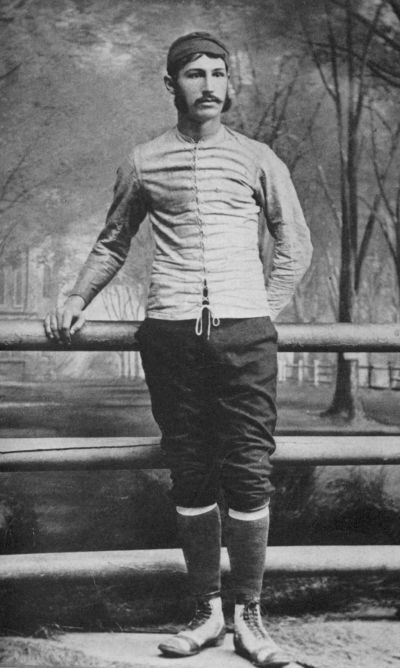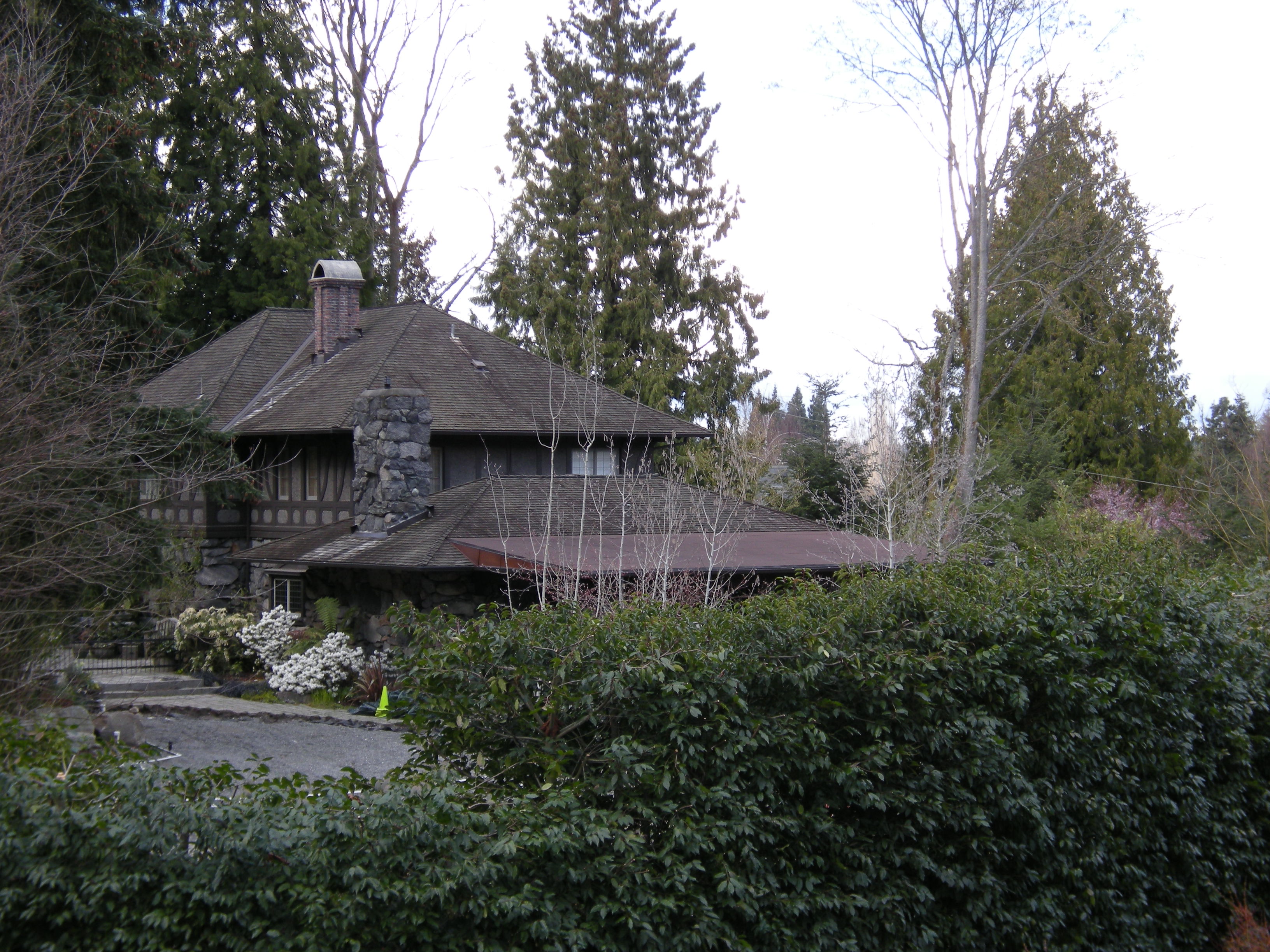|
Montlake Bridge
The Montlake Bridge is a double-leaf bascule bridge that carries State Route 513 (Montlake Boulevard) over Seattle's Montlake Cut—part of the Lake Washington Ship Canal—connecting Montlake and the University District. It is the easternmost bridge spanning the canal. The bridge is long, and was designed by Carl F. Gould, one of the original architects of the University of Washington campus. The bridge and its control towers were designed in conjunction with the university's Collegiate Gothic style. It provides a clearance of and is reported as providing of vertical clearance above the mean regulated level of Lake Washington for the central of the bascule span. It is one of four original bascule-type drawbridges over the Ship Canal, the others being the Ballard, Fremont, and University bridges. It was the last one to be completed, has the highest clearance of the four, and is the only one that is part of the state highway system. It is also one of six bascule bridge ... [...More Info...] [...Related Items...] OR: [Wikipedia] [Google] [Baidu] |
Washington State Department Of Transportation
The Washington State Department of Transportation (WSDOT or WashDOT, both ) is a governmental agency that constructs, maintains, and regulates the use of transportation infrastructure in the U.S. state of Washington (state), Washington. Established in 1905, it is led by a secretary and overseen by the Governor of Washington, governor. WSDOT is responsible for more than 20,000 lane-miles of roadway, nearly 3,000 vehicular bridges and 524 other structures. This infrastructure includes rail lines, List of state highways in Washington, state highways, Washington State Ferries, state ferries (considered part of the highway system) and List of Washington state-owned airports, state airports. History Department of Highways WSDOT was founded as the Washington State Highway Board and the Washington State Highways Department on March 13, 1905, when then-governor Albert Mead signed a bill that allocated $110,000 to fund new roads that linked the state. The State Highway Board was managed ... [...More Info...] [...Related Items...] OR: [Wikipedia] [Google] [Baidu] |
Ballard Bridge
The Ballard Bridge, also known as the 15th Avenue Bridge, is a double-leaf bascule bridge in Seattle, Washington. It carries 15th Avenue NW over Seattle's Salmon Bay between Ballard to the north and Interbay to the south. The Ballard Bridge follows the Fremont Bridge in the east in the succession of bridges spanning the Lake Washington Ship Canal, which connects Lake Washington in the east to Puget Sound in the west. Built in 1917, it has an opening span of and a total length of . The approaches of the bridge were originally timber trestles. It also carried a streetcar. In 1939, the timber approach spans of the Ballard Bridge were replaced as a Public Works Administration project. The deck was surfaced with concrete and the rails for the streetcar were removed. In 1982, it was added to the National Register of Historic Places The National Register of Historic Places (NRHP) is the United States federal government's official list of districts, sites, buildings, structures an ... [...More Info...] [...Related Items...] OR: [Wikipedia] [Google] [Baidu] |
Dartmouth College
Dartmouth College (; ) is a private research university in Hanover, New Hampshire. Established in 1769 by Eleazar Wheelock, it is one of the nine colonial colleges chartered before the American Revolution. Although founded to educate Native Americans in Christian theology and the English way of life, the university primarily trained Congregationalist ministers during its early history before it gradually secularized, emerging at the turn of the 20th century from relative obscurity into national prominence. It is a member of the Ivy League. Following a liberal arts curriculum, Dartmouth provides undergraduate instruction in 40 academic departments and interdisciplinary programs, including 60 majors in the humanities, social sciences, natural sciences, and engineering, and enables students to design specialized concentrations or engage in dual degree programs. In addition to the undergraduate faculty of arts and sciences, Dartmouth has four professional and graduate schools: ... [...More Info...] [...Related Items...] OR: [Wikipedia] [Google] [Baidu] |
American Football
American football (referred to simply as football in the United States and Canada), also known as gridiron, is a team sport played by two teams of eleven players on a rectangular field with goalposts at each end. The offense, the team with possession of the oval-shaped football, attempts to advance down the field by running with the ball or passing it, while the defense, the team without possession of the ball, aims to stop the offense's advance and to take control of the ball for themselves. The offense must advance at least ten yards in four downs or plays; if they fail, they turn over the football to the defense, but if they succeed, they are given a new set of four downs to continue the drive. Points are scored primarily by advancing the ball into the opposing team's end zone for a touchdown or kicking the ball through the opponent's goalposts for a field goal. The team with the most points at the end of a game wins. American football evolved in the United States, ... [...More Info...] [...Related Items...] OR: [Wikipedia] [Google] [Baidu] |
Dar Meisnest
Dar or DAR may refer to: Settlements * Dar es Salaam, the largest city of Tanzania and East Africa * Dar, Azerbaijan, a village * Dar, Iran, a village People * Dar (tribe), a Kashmiri tribe in India and Pakistan * Aleem Dar, Pakistani cricketer and international umpire * Ami Dar, Israeli-American nonprofit leader * Asif Dar, Pakistani-Canadian boxer * Abdul Majeed Dar, commander of Hizbul Mujahideen * Igal Dar (1936–1977), Israeli basketball player * Mukhtar Dar, Pakistani-born artist and activist * Noam Dar, Israeli-Scottish professional wrestler * William Dar (born 1953), Filipino horticulturist and government administrator * Dar Lyon, an English first-class cricketer * Dar Robinson, American stunt performer and actor * Dar Williams, folk-pop artist Fictional characters * Dar, the main character in the 1982 fantasy film ''The Beastmaster'' and the 1999–2002 Canadian ''Beastmaster '' TV series * Dar Adal, one of the main characters in the TV series ''Homeland'' Acronyms ... [...More Info...] [...Related Items...] OR: [Wikipedia] [Google] [Baidu] |
Barges
Barge nowadays generally refers to a flat-bottomed boat, flat-bottomed inland waterway vessel which does not have its own means of mechanical propulsion. The first modern barges were pulled by tugs, but nowadays most are pushed by Pusher (boat), pusher boats, or other vessels. The term barge has a rich history, and therefore there are many other types of barges. History of the barge Etymology "Barge" is attested from 1300, from Old French ''barge'', from Vulgar Latin ''barga''. The word originally could refer to any small boat; the modern meaning arose around 1480. ''Bark'' "small ship" is attested from 1420, from Old French ''barque'', from Vulgar Latin ''barca'' (400 AD). The more precise meaning of Barque as "three-masted sailing vessel" arose in the 17th century, and often takes the French spelling for disambiguation. Both are probably derived from the Latin ''barica'', from Greek language, Greek ''baris'' "Egyptian boat", from Coptic language, Coptic ''bari'' "small bo ... [...More Info...] [...Related Items...] OR: [Wikipedia] [Google] [Baidu] |
Abutment
An abutment is the substructure at the ends of a bridge span or dam supporting its superstructure. Single-span bridges have abutments at each end which provide vertical and lateral support for the span, as well as acting as retaining walls to resist lateral movement of the earthen fill of the bridge approach. Multi-span bridges require piers to support ends of spans unsupported by abutments. Dam abutments are generally the sides of a valley or gorge, but may be artificial in order to support arch dams such as Kurobe Dam in Japan. The civil engineering term may also refer to the structure supporting one side of an arch, or masonry used to resist the lateral forces of a vault.Pevsner, N. (1970) ''Cornwall''; 2nd ed. Harmondsworth: Penguin; p. 245 The impost or abacus of a column in classical architecture may also serve as an abutment to an arch. The word derives from the verb "abut", meaning to "touch by means of a mutual border". Use in engineering An abutment may be us ... [...More Info...] [...Related Items...] OR: [Wikipedia] [Google] [Baidu] |
Pier (architecture)
A pier, in architecture, is an upright support for a structure or superstructure such as an arch or bridge. Sections of structural walls between openings (bays) can function as piers. External or free-standing walls may have piers at the ends or on corners. Description The simplest cross section of the pier is square, or rectangular, but other shapes are also common. In medieval architecture, massive circular supports called drum piers, cruciform (cross-shaped) piers, and compound piers are common architectural elements. Columns are a similar upright support, but stand on a round base. In buildings with a sequence of bays between piers, each opening (window or door) between two piers is considered a single bay. Bridge piers Single-span bridges have abutments at each end that support the weight of the bridge and serve as retaining walls to resist lateral movement of the earthen fill of the bridge approach. Multi-span bridges require piers to support the ends of spans betwe ... [...More Info...] [...Related Items...] OR: [Wikipedia] [Google] [Baidu] |
Montlake Bridge East
Montlake is a wealthy residential neighborhood in central Seattle, Washington. It is located along the Montlake Cut of the Lake Washington Ship Canal, bounded to the north by Portage Bay, to the east by the Washington Park Arboretum, and to the south and west by Interlaken Park. Capitol Hill is on its south and west sides, and the University of Washington campus lies across the Montlake Cut to the north. State Route 520 runs through the northern tip of Montlake, isolating four blocks from the rest of the neighborhood. Though sports at the University of Washington are referred to metonymically as "Montlake," UW sports facilities are not located within the traditional bounds of the neighborhood; instead, they are located on Montlake Boulevard, across the Montlake Cut from the neighborhood. History Montlake was primarily developed by John E. Boyer and Herbert Turner (also known as H.S. Turner) from 1903 through the early 1930s. In 1916, the northern boundary of Montlake was ... [...More Info...] [...Related Items...] OR: [Wikipedia] [Google] [Baidu] |
Strauss Bascule Bridge Company
Joseph Baermann Strauss (January 9, 1870 – May 16, 1938) was an American structural engineer who revolutionized the design of bascule bridges. He was the chief engineer of the Golden Gate Bridge, a suspension bridge. Life, beginnings and death He was born in Cincinnati, Ohio, to an artistic family of German-Jewish ancestry. His mother was a pianist, and his father, Raphael Strauss, was a writer and painter. He graduated from the University of Cincinnati in 1892 with a degree in civil engineering. He served as both class poet and president, and was a brother of the Sigma Alpha Epsilon fraternity. Strauss had many hobbies. One of these included poetry. After completion of the Golden Gate Bridge he returned to his passion of poetry and wrote his most recognizable poem "The Mighty Task is Done". He also wrote "The Redwoods", and his "Sequoia" can still be purchased by tourists visiting the California redwoods. He died in Los Angeles, California, just one year after the Golden Gat ... [...More Info...] [...Related Items...] OR: [Wikipedia] [Google] [Baidu] |
Patent
A patent is a type of intellectual property that gives its owner the legal right to exclude others from making, using, or selling an invention for a limited period of time in exchange for publishing an enabling disclosure of the invention."A patent is not the grant of a right to make or use or sell. It does not, directly or indirectly, imply any such right. It grants only the right to exclude others. The supposition that a right to make is created by the patent grant is obviously inconsistent with the established distinctions between generic and specific patents, and with the well-known fact that a very considerable portion of the patents granted are in a field covered by a former relatively generic or basic patent, are tributary to such earlier patent, and cannot be practiced unless by license thereunder." – ''Herman v. Youngstown Car Mfg. Co.'', 191 F. 579, 584–85, 112 CCA 185 (6th Cir. 1911) In most countries, patent rights fall under private law and the patent holder mus ... [...More Info...] [...Related Items...] OR: [Wikipedia] [Google] [Baidu] |
Trunnion
A trunnion (from Old French "''trognon''", trunk) is a cylindrical protrusion used as a mounting or pivoting point. First associated with cannons, they are an important military development. Alternatively, a trunnion is a shaft that positions and supports a tilting plate. This is a misnomer, as in reality it is a cradle for the true trunnion. In mechanical engineering (see the trunnion bearing section below), it is one part of a rotating joint where a shaft (the trunnion) is inserted into (and turns inside) a full or partial cylinder. Medieval history In a cannon, the trunnions are two projections cast just forward of the center of mass of the cannon and fixed to a two-wheeled movable gun carriage. As they allowed the muzzle to be raised and lowered easily, the integral casting of trunnions is seen by military historians as one of the most important advances in early field artillery. With the creation of larger and more powerful siege guns in the early 15th century, a n ... [...More Info...] [...Related Items...] OR: [Wikipedia] [Google] [Baidu] |









